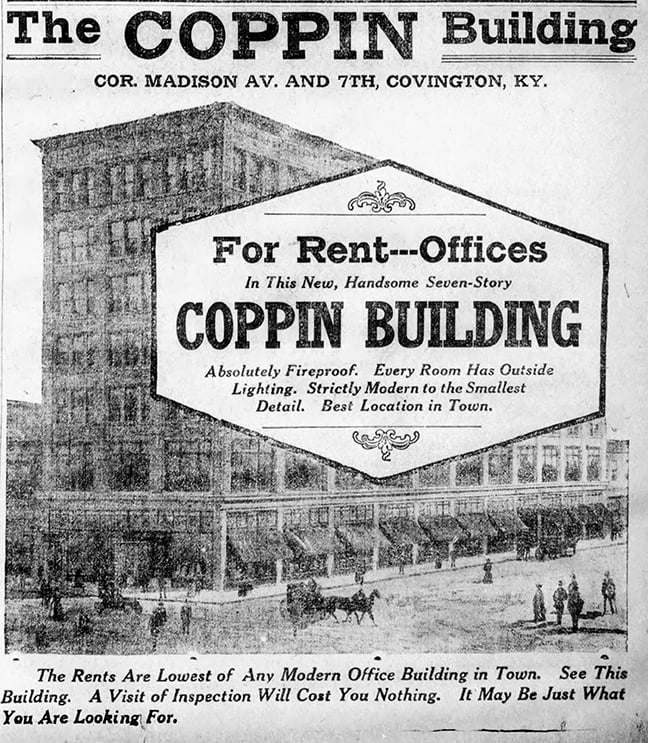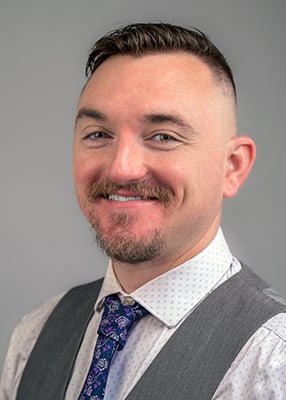The General Assembly debates dozens of bills each legislative session, but most fall under several broad categories: education, health and public safety, infrastructure and economic development.
Those last two were the chief focus of the Kentucky House’s work last week, as my colleagues and I approved legislation that would make it easier for government and the private sector to work together and that would take an in-depth look at the state’s workforce development programs.
The first of those, House Bill 309, would formally establish what are known as public-private partnerships (P3), an economic development tool already available in more than 30 other states, including every one surrounding us. The Kentucky Chamber of Commerce is one of the concept’s major supporters.
In short, this measure would provide the regulatory framework that the state and our local governments would follow when outsourcing public services that the private sector may be able to perform more efficiently or building projects the governments cannot realistically take on themselves. There are built-in safeguards to ensure the process is fair and transparent.
States like Florida are showing what the P3 model can accomplish. It is currently spending more than $2 billion, for example, to overhaul nearly two dozen miles of Interstate 4 in the Orlando area. Construction that is expected to last five to six years would have taken as much as 26 years if the state undertook this work alone.
The P3 legislation has passed the General Assembly before, but was not signed into law because of ongoing debate about how to build a potential new bridge in Northern Kentucky. House Bill 309 excludes that project, a move that will hopefully ease the bill’s passage.
With House Concurrent Resolution 97, which passed the House on Tuesday last week, we would establish the Kentucky Workforce Development Task Force to study how we educate and train our workers and what improvements may need to take place.
The resolution notes that the state and federal government annually spend more than $1 billion for these programs, but the effort is not coordinated among our schools and agencies.
The task force would be similar to one formed several years ago that brought state officials together with business and labor leaders. That work led to successful legislation that enabled the state to quickly pay back a sizeable federal loan borrowed during the recession to cover unemployment insurance benefits.
In other economic news, budget officials announced last week that state revenues grew substantially in January and have risen almost five percent during the first seven months of this fiscal year. Sales tax receipts, a good gauge of the economy and a key driver of the budget, are up almost six percent over the same timeframe.
Two other bills clearing the House last week are focused on our children.
House Bill 316 would help by establishing a statewide definition for bullying to make sure school policies across the state are better aligned.
House Bill 196, meanwhile, would bar children under 18 from using a tanning bed unless medically necessary. Current law requires parental approval in these cases.
Although it is common for private citizens to appear before a legislative committee to testify for or against legislation, two guests who spoke last week nonetheless caused a stir in the Capitol when they advocated for maintaining state funds for a popular early childhood development program.
Those guests were the actress Jennifer Garner and Mark Shriver, the son of Sargent and Eunice Kennedy Shriver and the nephew of former President John F. Kennedy. They were advocating for Save the Children, a nonprofit organization they help run that, in Kentucky, provides education and health services to more than 13,000 children.
According to Shriver, who himself was a state legislator for a time in Maryland, Save the Children spends $10 million to match Kentucky’s nearly $1 million. Fortunately, there appears to be broad bipartisan support to keep that program intact here.
This week, the legislative session reaches its halfway point, so the days between now and the end of March, when the bulk of our work will be done, promise to be especially busy.
As always, your questions and comments are invaluable to that process, and I have already heard from hundreds of you. If you would like to join them, my address is Room 329E, Capitol Annex, 702 Capitol Avenue, Frankfort, KY 40601; or you can email me at Mike.Denham@lrc.ky.gov.
To leave a message for me or for any legislator by phone, please call 800-372-7181. For those with a hearing impairment, the number is 800-896-0305.
I hope to hear from you soon.

State Rep. Mike Denham is a Democrat from Maysville and has represented House District 70 (Bracken, Fleming and Mason counties) since 2001.





















